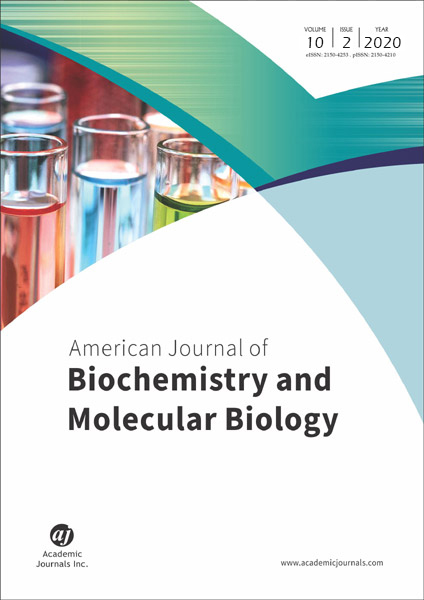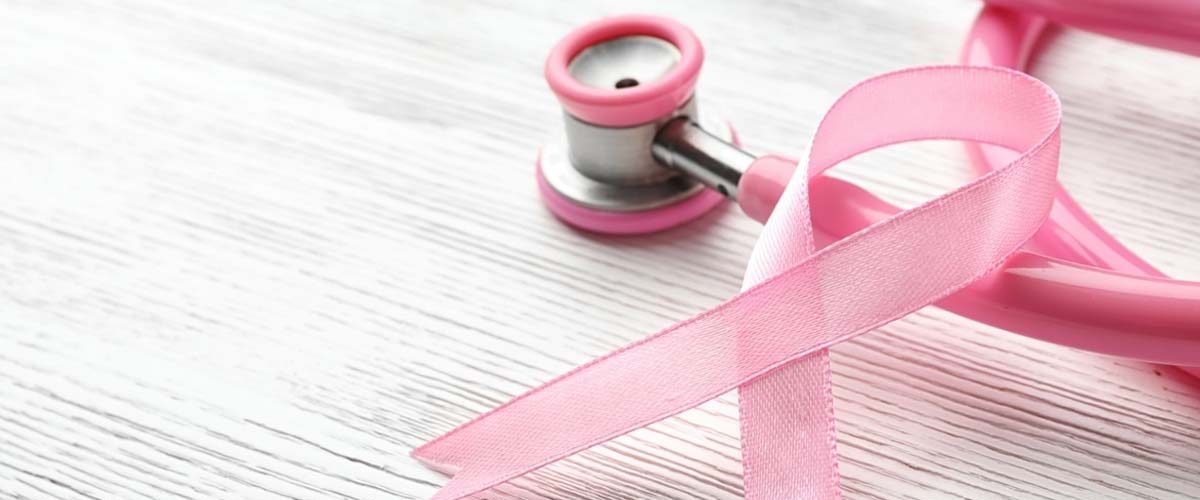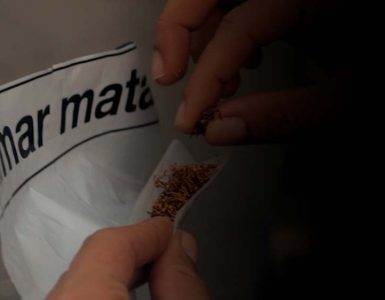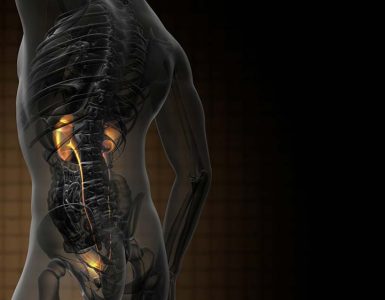Does Curcumin Minimize Anti-Tumor Effects of Radiotherapy in Breast Cancer?
Breast cancer develops mainly from the inner lining of milk ducts or the lobules that supply the ducts with milk. This is a leading cause of death in young women and comprises 10.4% of all cancer incidences among women. Being the fifth leading cause of cancer death, his cancer is fetal in nature and the second most frequent non-skin cancer type. This cancer is treated by general breast surgery, radiation therapy, and chemotherapy.
Primary tumors are initially treated by radiation therapy, whereas metastatic tumors such as breast, colorectal, and prostate cancers are mainly treated by chemotherapy. It has been reported that the majority of the patients receiving therapies are developing resistance that lessens the impact of such treatments. Advance treatment includes gene therapy, metalloproteinase inhibitors, and immunotherapy needs further research for trusted implementation, while presently, these emerging treatments have been only tested in clinical trials.
Curcumin is one of the primary ingredients used in the cooking in the subcontinent derived from the East Indian plant Curcuma longa rhizome. Besides an active ingredient that gives the yellow color to spice, it has scientifically-proven health benefits like prevention from heart disease, cancer, and Alzheimer’s. Anti-inflammatory and antioxidant effects help to improve symptoms of arthritis and depression. Researchers investigated turmeric as a chemo-preventive agent due to its sensitizing response to radiation in cancer therapy.

A team from KIMS Foundation and Research center, Telangana, India, conducted research under the supervision of Nandaki Nag Kanuri to study the effect of curcumin along with the γ-irradiation on two different breast cancer cell lines, including MDA-MB-231 and MCF-7. The first one is an epithelial human breast cancer cell line, while the second one has a cell line that retains several ideal characteristics to the mammary epithelium. The researchers found that the natural compound curcumin significantly enhanced the effect of radiation and inhibits further growth of breast cancer cell lines. Another research work by Sandur et al. investigated the combined effect of curcumin and radiation on colorectal cancer cells and found that curcumin inhibited post-irradiation clonogenic survival of multiple colorectal cells.
Curcumin blocks this signaling pathway and minimizes radiotherapy’s anti-tumor effects by inhibiting the proliferation, growth, and post-irradiation clonogenic survival of the cell lines. The fact that curcumin can achieve efficient radio-sensitizing effects without any toxicity makes its development essential for the researchers as an adjunct to standard radiotherapy.
The original research is published in the American Journal of Biochemistry and Molecular Biology

American Journal of Biochemistry and Molecular Biology is a peer-reviewed international journal dedicated to provide an active forum to the global scientific community for publishing and disseminating high quality research work in the field of biochemistry and molecular biology.
Scope of the journal includes: General biochemistry, pathobiochemistry, molecular and cellular biology, molecular medicine, experimental methodologies and the diagnosis, therapy and monitoring of human disease, Host pathogen interaction, molecular detection of pathogen, current advancements in diagnostic techniques, structure, function, and regulation of biologically active molecules, cell signalling, cell cycle, gene structure and expression, gene editing, biochemical mechanisms, protein biosynthesis, protein folding and protein modelling.
















Add comment